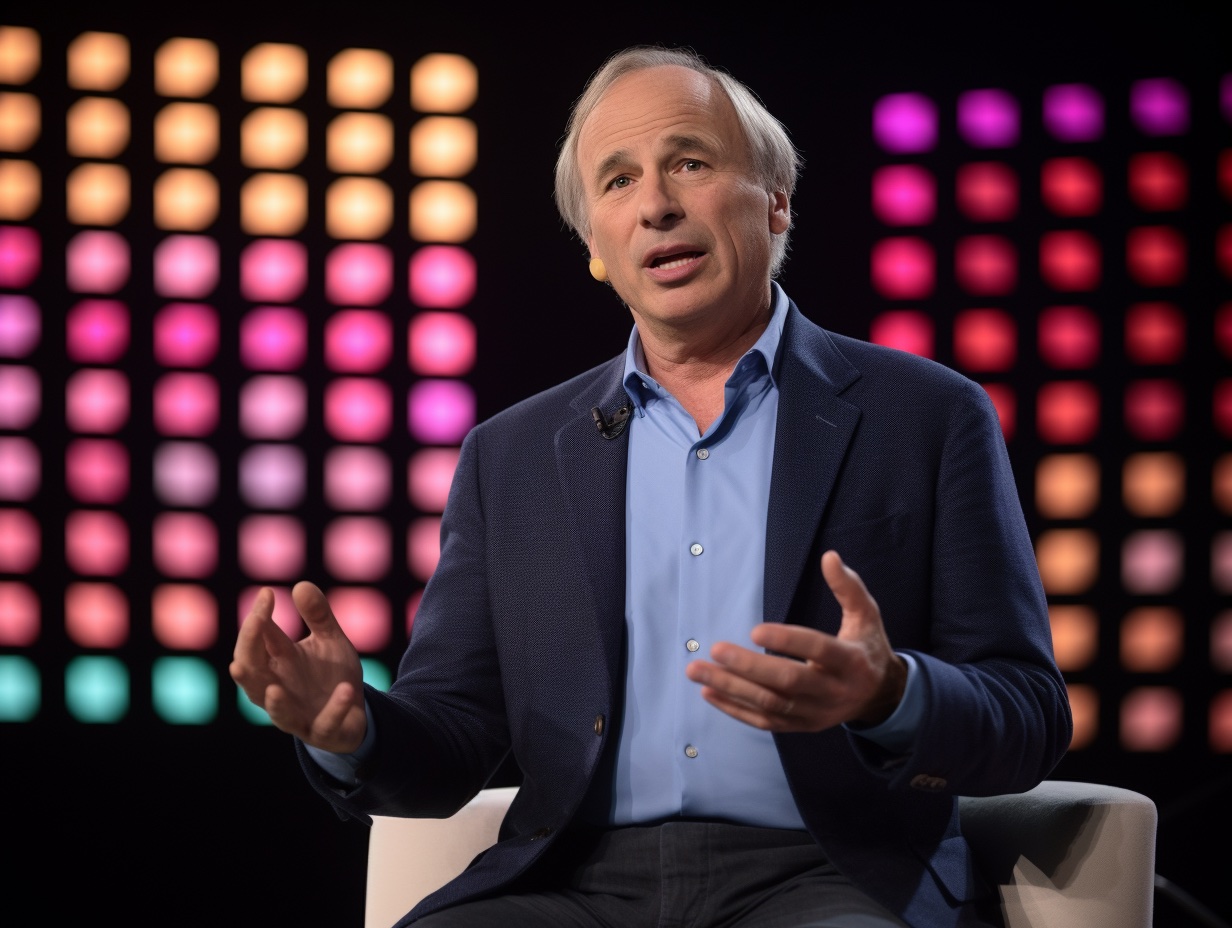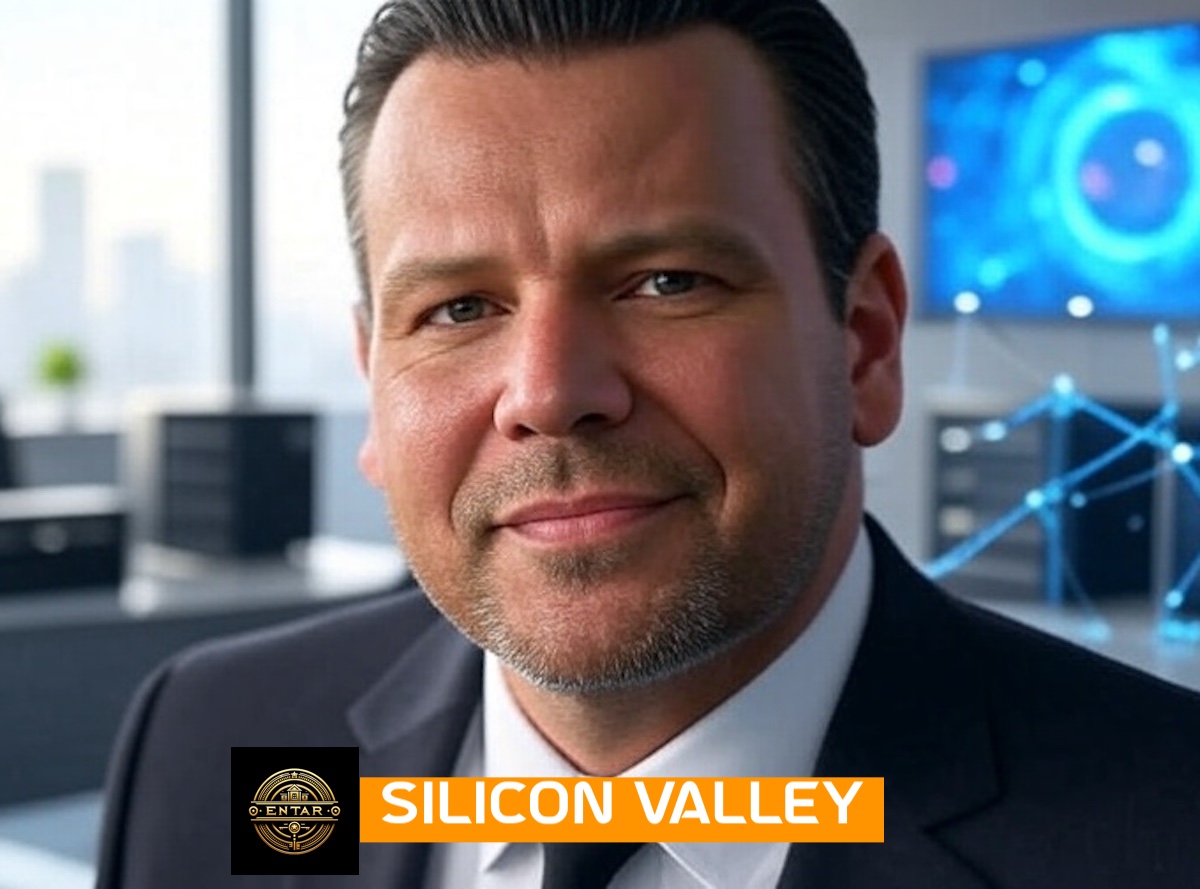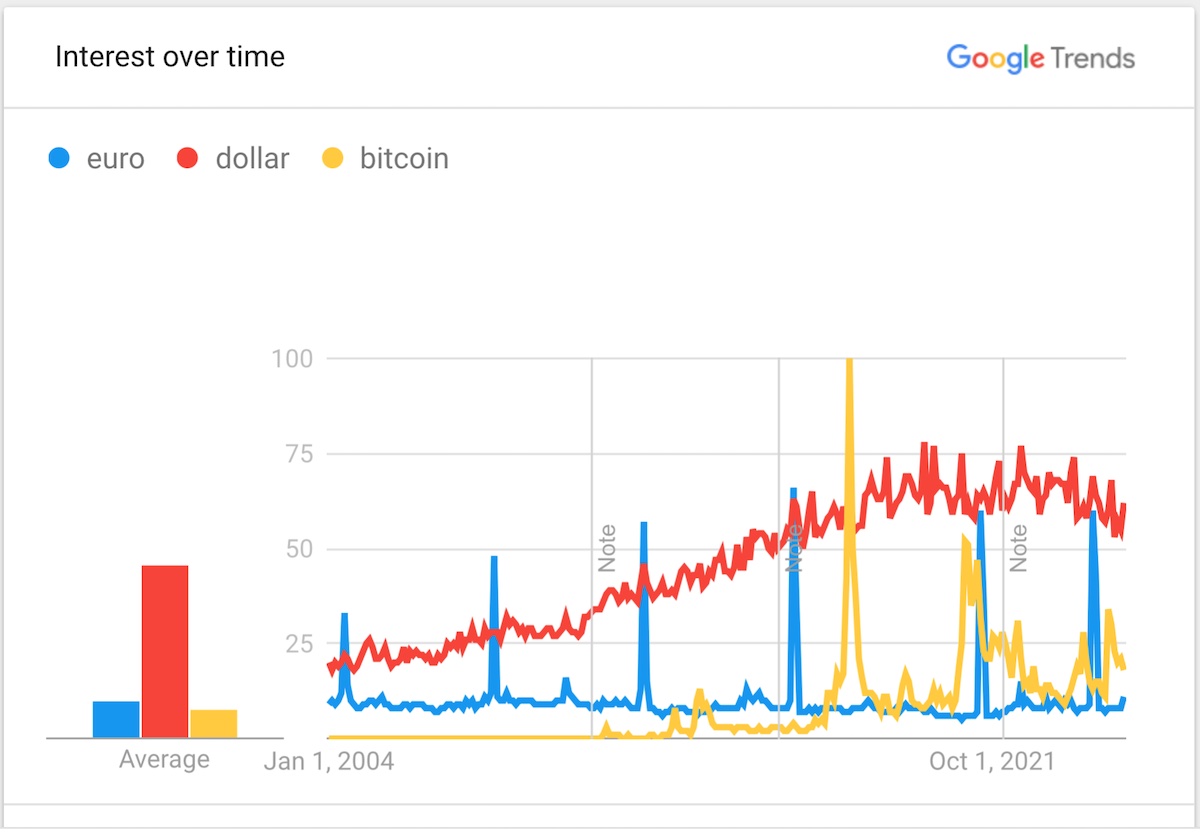The Enigma: The Book He Tried to Bury
In the world of finance, few names command as much respect and intrigue as Ray Dalio, the founder of Bridgewater Associates. With a philosophy etched into the corporate culture through his famous “Principles,” Dalio has long been a subject of fascination for those both inside and outside the financial sector. However, a new unauthorized biography by Rob Copeland, a best-selling author and esteemed journalist from the New York Times, peels back the layers of Dalio’s meticulously crafted public persona, revealing the complexities and contradictions of a man who has shaped one of the most successful — and most controversial — hedge funds in history.
The Paradox of Success and Suffering
Copeland’s narrative delves deep into the psyche of Ray Dalio, painting a portrait of a man whose relentless pursuit of success is both awe-inspiring and, at times, deeply unsettling. The biography reveals a Dalio who finds little joy in the traditional sense, his happiness seemingly tethered to the performance and control of his empire. This singular focus, while a hallmark of many successful individuals, is depicted as a double-edged sword, cutting through relationships and creating an environment where joy is often overshadowed by a relentless drive for perfection.
The Bridgewater Culture: A Microcosm of Dalio’s Mind
Bridgewater Associates, under Dalio’s leadership, is not just a hedge fund but a social experiment in radical transparency and meritocracy — at least, that’s the theory. Copeland’s book suggests that the reality is more nuanced, with a culture that sometimes borders on the Orwellian. Employees are subject to intense scrutiny, their every move potentially recorded and analyzed, all in the name of improvement and adherence to the “Principles.” Yet, as the biography uncovers, there seems to be a hierarchy of adherence, with some “chosen ones” seemingly exempt from the rules that bind the rest.
The Principle of Principles
Dalio’s “Principles” are more than guidelines; they are the gospel according to Ray, a set of commandments that have governed Bridgewater’s operations for decades. Copeland’s exploration into these principles, and Dalio’s adherence to them, raises questions about the balance between ideology and practicality. The principle of “trust in truth,” for instance, is a noble pursuit but one that the biography suggests Dalio himself struggles to consistently apply, especially when the truth challenges his own beliefs or the status quo he has established.
The Irony of Transparency and Control
One of the most striking contradictions highlighted in the biography is Dalio’s advocacy for transparency juxtaposed with his apparent need for control. The creation of the “Poot Bureau,” inspired by authoritarian regimes, is a testament to this control — a secret police within the company tasked with investigating employees at Dalio’s behest. This revelation is particularly jarring, suggesting that for all the talk of openness, there remains a shadow within Bridgewater where transparency dims and control takes over.
The Illusion of Retirement and the Reality of Influence
Dalio’s retirement is portrayed as an illusion, a mere change in title without a relinquishment of influence. Copeland describes a man who, despite stepping back, remains the puppet master, capable of toppling the empire with a single statement or decision. This control, even in retirement, speaks volumes about Dalio’s inability to truly let go, to trust in the system and the people he has put in place to carry on his legacy.
The Legacy of Bridgewater’s Performance
The ultimate measure of a hedge fund’s success is its performance, and here the biography presents a nuanced view. While Bridgewater’s long-term performance from inception might appear stellar, Copeland points out that recent years tell a different story, with returns that struggle to keep pace with the market and competitors. This performance, or lack thereof, raises questions about the sustainability of Dalio’s principles in a rapidly evolving financial landscape.
Lessons from a Life Less Ordinary
Despite the criticisms and controversies, Copeland’s biography does not dismiss the value of Dalio’s principles entirely. The author himself admits to adopting the principle of addressing disagreements head-on, seeking the core issue to find resolution. It’s a lesson in empathy and problem-solving that transcends finance, offering a glimpse into how Dalio’s mindset can be both a powerful tool and a cautionary tale.
The Man and the Myth
Rob Copeland’s unauthorized biography of Ray Dalio is more than an exposé; it’s a study in the complexities of human nature, ambition, and the price of success. It challenges readers to look beyond the surface, to question the narratives we are sold, and to recognize that even the most successful among us are fraught with contradictions. For anyone fascinated by the enigmatic figure of Ray Dalio, or by the intricate dance of power and principle, this book is an essential read, offering a dramatic and valuable insight into one of the financial world’s most compelling characters.
Request a free list of the best investments during stagflation. Fill out the online form:

Copyright © This free information provided courtesy Entar.com with information provided by Corey Chambers, Broker DRE 01889449. We are not associated with the seller, homeowner’s association or developer. For more information, contact 888-240-2500 or visit WeSellCal.com Licensed in California. All information provided is deemed reliable but is not guaranteed and should be independently verified. Text and photos created or modified by artificial intelligence. Properties subject to prior sale or rental. This is not a solicitation if buyer or seller is already under contract with another broker.











